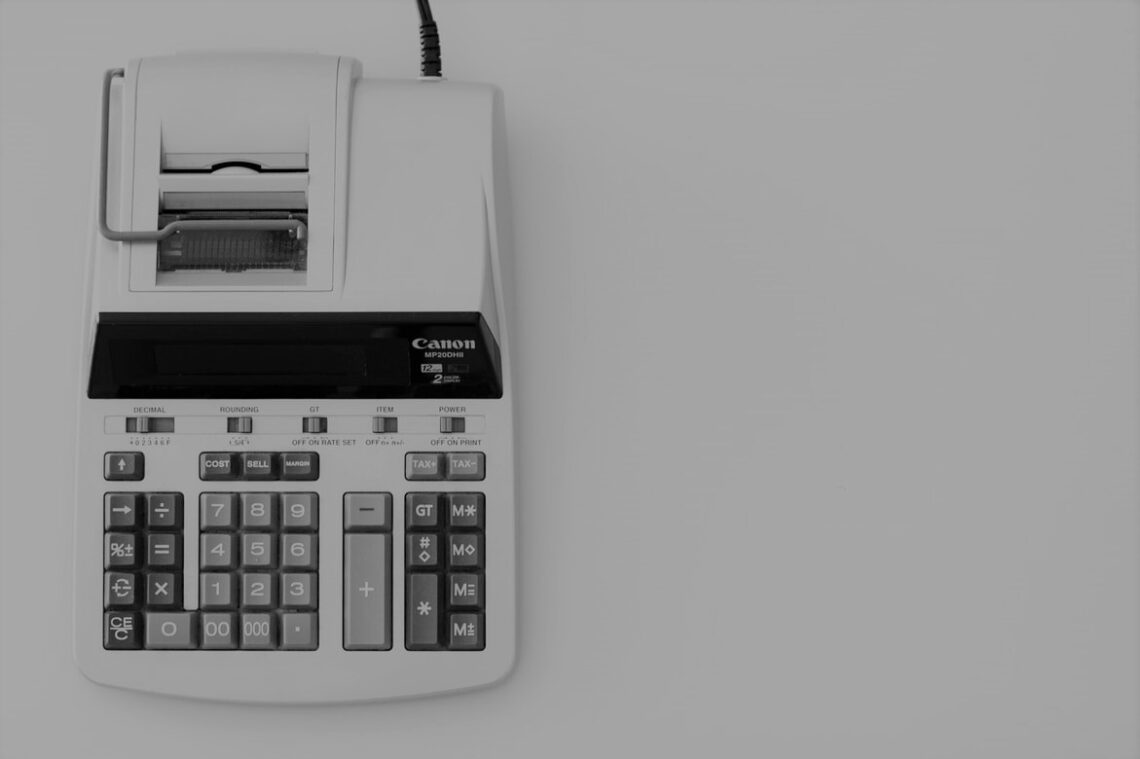
On September 29, the Tax Administration Service (SAT) published on its website the Third Advanced Version of the Third Resolution of Amendments to the Miscellaneous Tax Resolution for 2021 (“Resolution”), which provides several rules regarding the bill of lading supplement (“BLS”) that should be incorporated to the Digital Tax Receipt (CFDI) for the transport of goods.
The most relevant aspects of the Resolution are the following:
- Requirements for printed CFDI
• Printed CFDI must comply with the requirements outlined in the «Instructions for filling the CFDI to which the Bill of Lading Supplement is incorporated» (“Instructions”) published by the SAT on its website. - CFDI certifying the transport of goods
• Taxpayers who transport cargo by land, rail, sea, or air, as well as those who provide parcel and courier services, towing services, waste and hazardous materials, or cash and valuable transportation, must issue a CFDI with a BLS.
• The CFDI and its BLS, in print or digital, will serve as proof of the service, as well as the transport and legal possession of the goods,
• Carriers may prove the legal stay or possession of goods of foreign provenance, during their transport through national territory, with the CFDI and its BLS, provided that the number of import request is recorded in it.
• Whoever hires the transport service in the national territory must provide the carrier with the necessary data for the identification of goods, for the latter to issue the CFDI and its BLS.
• In the absence of the CFDI and its supplement, or where they do not meet the requirements of the «Standard of the Bill of Lading Supplement» or the Instructions, both the contracting party and the carrier of goods will be responsible before the authorities. - CFDI with which holders, owners, transport agents, and intermediaries can certify the transport of goods
• Owners and holders of goods comprised in their assets may certify their transport when transferring them by their own means within the national territory, by land, rail, sea, or air, through a printed or digital CFDI and its BLS.
• Transport intermediaries and agents shall issue the CFDI and its BLS, and certify its transfer by its print or digital version, provided that the transportation is carried out by their own means.
• Owners, holders, intermediaries, and agents must certify, through the CFDI and its BLS, the legal stay and/or possession of goods of foreign origin during their transport within the national territory, provided that the import request is registered in it. - Local transport of goods
• Those who provide motor carrier services, when transportation does not involve transiting through sections under federal jurisdiction, may certify it through a CFDI without the BLS.
• Owners and holders transporting goods comprised in their assets may also certify their transfer through a CFDI without the BLS, provided they do not transit through sections under federal jurisdiction. - Parcel and courier services
• Those providing parcel or courier services may issue a CFDI without the BLS, provided that they register all packages in transit, for the entire service, and comply with the following:
• For the first mile, if there is no transit through sections under federal jurisdiction, the CFDI may be issued without the BLS.
• In the intermediate stage of the service, a CFDI with the BLS must be issued for each section involving a different means of transport.
• In the last mile, if there is no transit through sections under federal jurisdiction, transportation may be certified with a CFDI without the BLS.
• Package carriers must certify their transportation with the print or digital version of the CFDI and its BLS. - Local transportation of cash and valuables
• Providers of cash and valuables transportation that do not transit through sections under federal jurisdiction may issue a CFDI without the BLS and certify the transfer with its print or digital version. - Local towing and rescue services
• Those who provide towing and rescue services of vehicles transporting goods and do not transit through sections under federal jurisdiction, may issue a CFDI without the BLS and certify their transport with its print or digital version. - Local transport or distribution of hydrocarbons or petroleum
• Those who transport hydrocarbons or petroleum must issue a CFDI with its BLS, to which they should integrate the Hydrocarbons and Petroleum Supplement. - Consolidated shipping of goods
• Those providing consolidated shipping services may issue, for each client, a CFDI without the BLS, provided that each load is identified and registered and that the following is complied with:
• For the first mile, if there is no transit through sections under federal jurisdiction, the CFDI may be issued without the BLS.
• In the intermediate stage of the service, a CFDI with the BLS must be issued for each section involving a different means of transport.
• In the last mile, if there is no transit through sections under federal jurisdiction, transportation may be certified with a CFDI without the BLS.
The BLS will be mandatory from December 1st, 2021. Those who issue the CFDI with the BLS before January 1st, 2022, will be considered compliant, even if the CFDI does not meet all requirements outlined in the «Standard for the Bill of Lading Supplement» or the Instructions.
Finally, it should be noted that the Resolution is pending publication in the Federal Official Gazette.
Tax Consultancy & Litigation
Arturo Bañuelos
[email protected]
Edmundo Hernández
[email protected]
Franco Herrera
[email protected]
Fernando Holgúín
[email protected]
Felipe Mendoza
[email protected]
